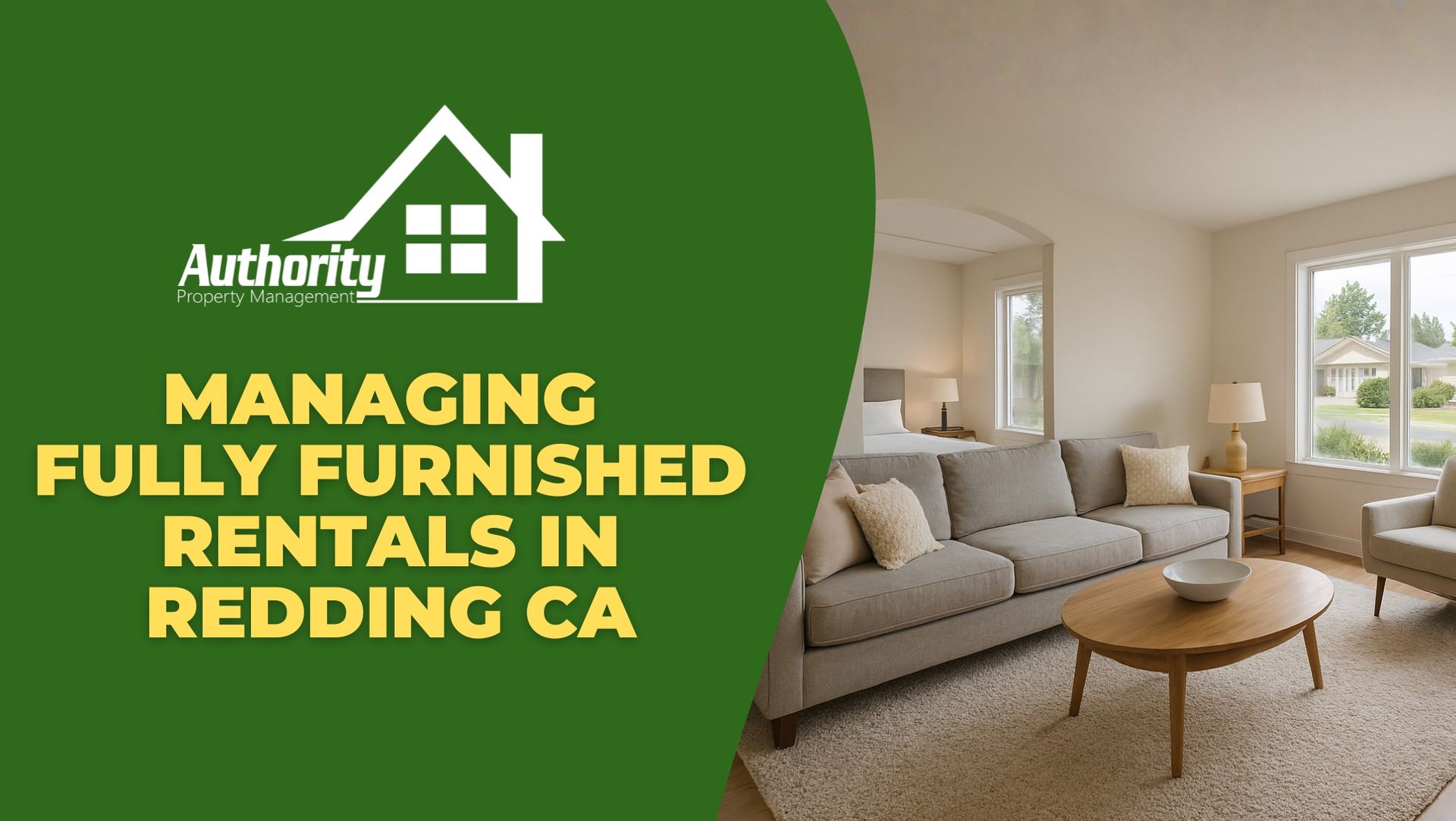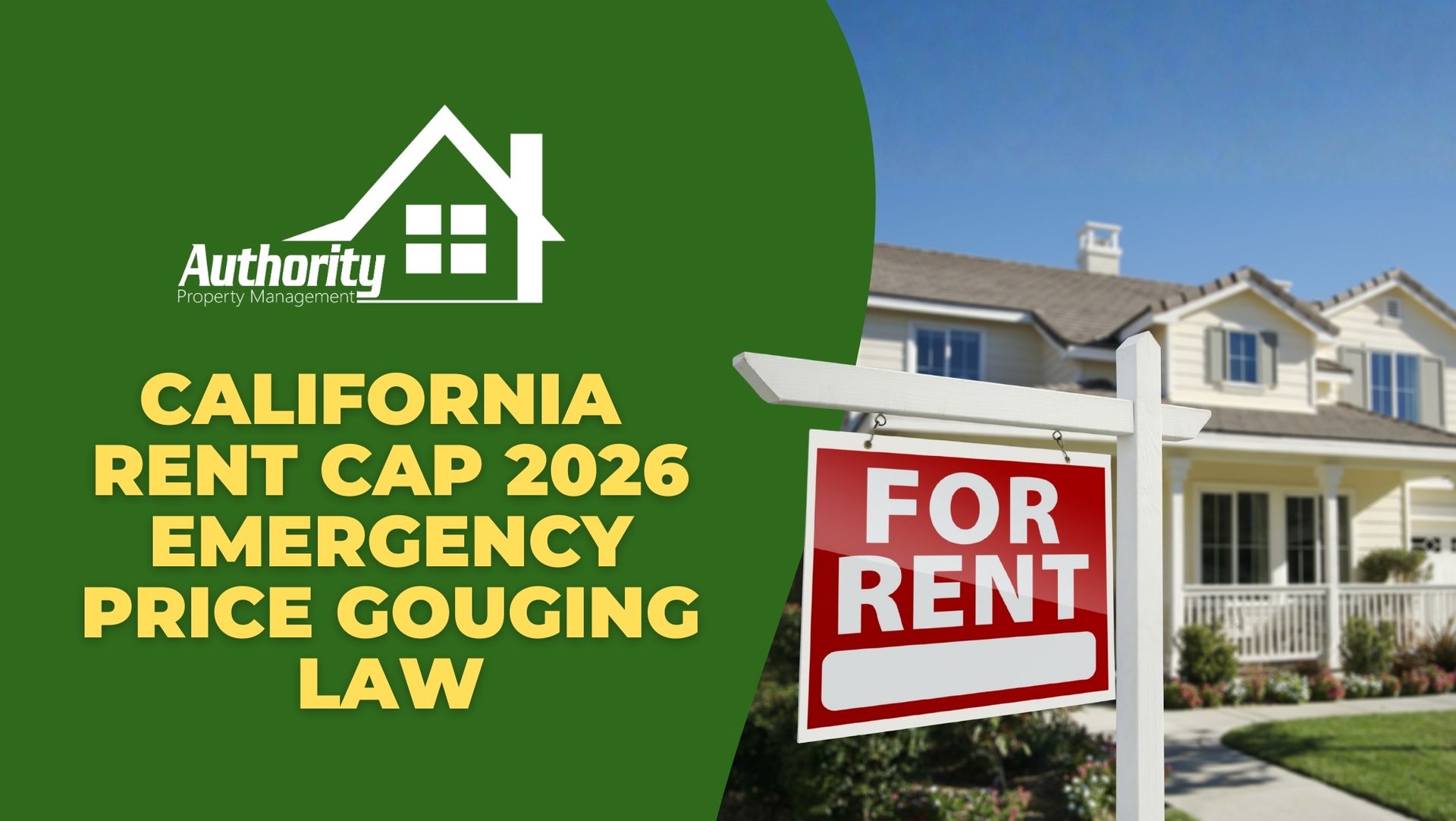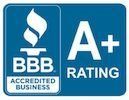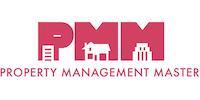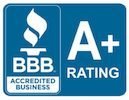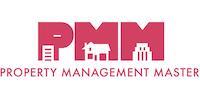Modified Gross Lease: What You Need to Know
Getting into a lease agreement without paying attention to detail can potentially put you in a position where you’d be held over a barrel. It is important to ask questions, seek professional counsel, or educate yourself before you opt-in on a lease agreement. More often than not and out of sheer ignorance, people categorize a lease as either a gross(full-service) lease or a triple net lease. Far from this assumption is the fact that most lease agreements typically fall somewhere in the middle of the spectrum. By the middle of the spectrum, I mean a point where responsibilities are split between the landlord and the tenant, and both parties play a role in covering a share of the operating expenses.
Before we delve into the crux of the matter, it’s important to note that a modified gross lease is an offshoot of a gross lease and a net lease. In a gross lease structure, it is the landlord’s responsibility to cover operating expenses. Whereas, a net lease structure puts the responsibility of operating expenses on the tenant.
Let’s take a deeper dive into a
modified gross lease, we’ll equally look at real-time examples of a modified gross lease, and examine its advantages and disadvantages. My goal is to ensure that you have an understanding of what a modified gross lease is and be able to determine if it is a good option for you.
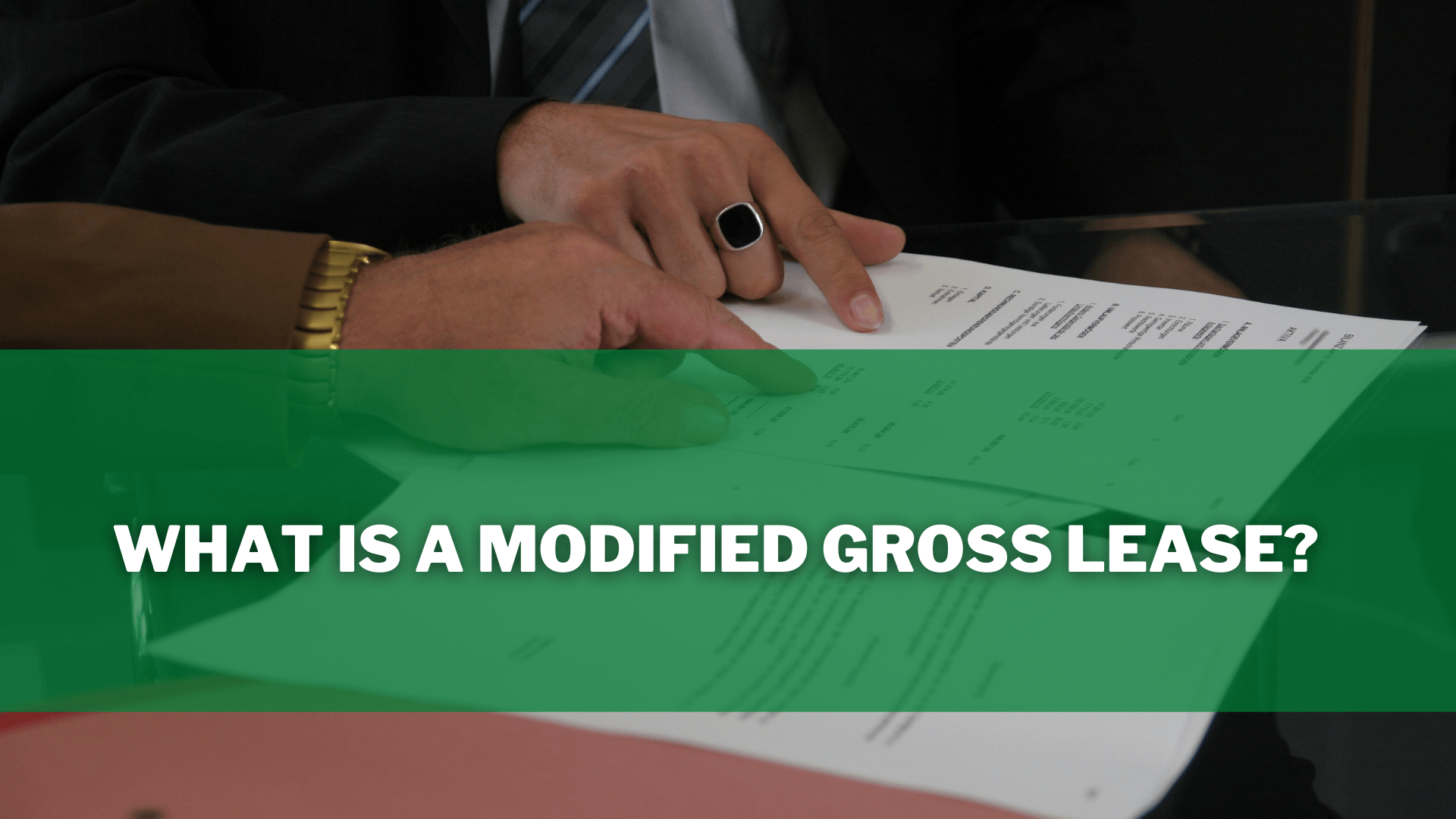
Think of it as a lease structure that has features of a gross lease and a net lease. In more definite terms, a modified gross lease is a rental agreement in which the tenant agrees to pay the base rent and takes responsibility for an agreed-upon proportional share of some operating expenses associated with the rental property. These operating expenses could include utilities, insurance, maintenance, and property taxes. For example, a modified gross lease can be structured in a way that the tenant covers part of the insurance costs, alongside major repairs and property taxes, they also cover expenses associated with general maintenance. The remaining insurance costs can be covered by the landlord.
Worth noting is the fact that modified gross leases are not always identical. Given the nature of individual responsibilities and the needs of negotiating parties, modified gross leases can be very different from one another. For example, a tenant may be required to pay a pro-rata share of the property's janitorial services, regular painting, common area maintenance, cleaning, etc.
Finalizing a modified gross lease requires a lot of negotiation skills. Both parties need to agree on favorable terms before proceeding to sign the lease. More so, each party needs to understand the expenses they’ll be responsible for under the terms of the lease. Modified gross leases offer a reasonable level of flexibility, and for this reason, they are a common option in commercial real estate arrangements.
Ideally, owners of multi-tenant office buildings prefer to use modified gross leases. Although many property owners prefer a net lease structure for commercial spaces, the downside to it is that it can be difficult to implement in residential multi-tenant properties. Let’s assume a landlord has to figure out the accurate amount for maintenance expenses or property taxes and assign these figures to each tenant, this can be a herculean task to accomplish. In a modified gross lease, sharing responsibilities and splitting expenses are easier to accomplish.
Another good example is a
commercial building that has one meter for water service. In the case of multiple tenants, a modified gross lease would have an effective process that can be used to determine and split the associated costs among tenants. A practical case can be a tenant who leased a 2,000-square-foot suite in a 40,000-square-foot office building, in a modified gross lease agreement, the tenant could be required to take responsibility for 5% of the building’s insurance, utilities, property taxes, and expenses associated with common area maintenance.
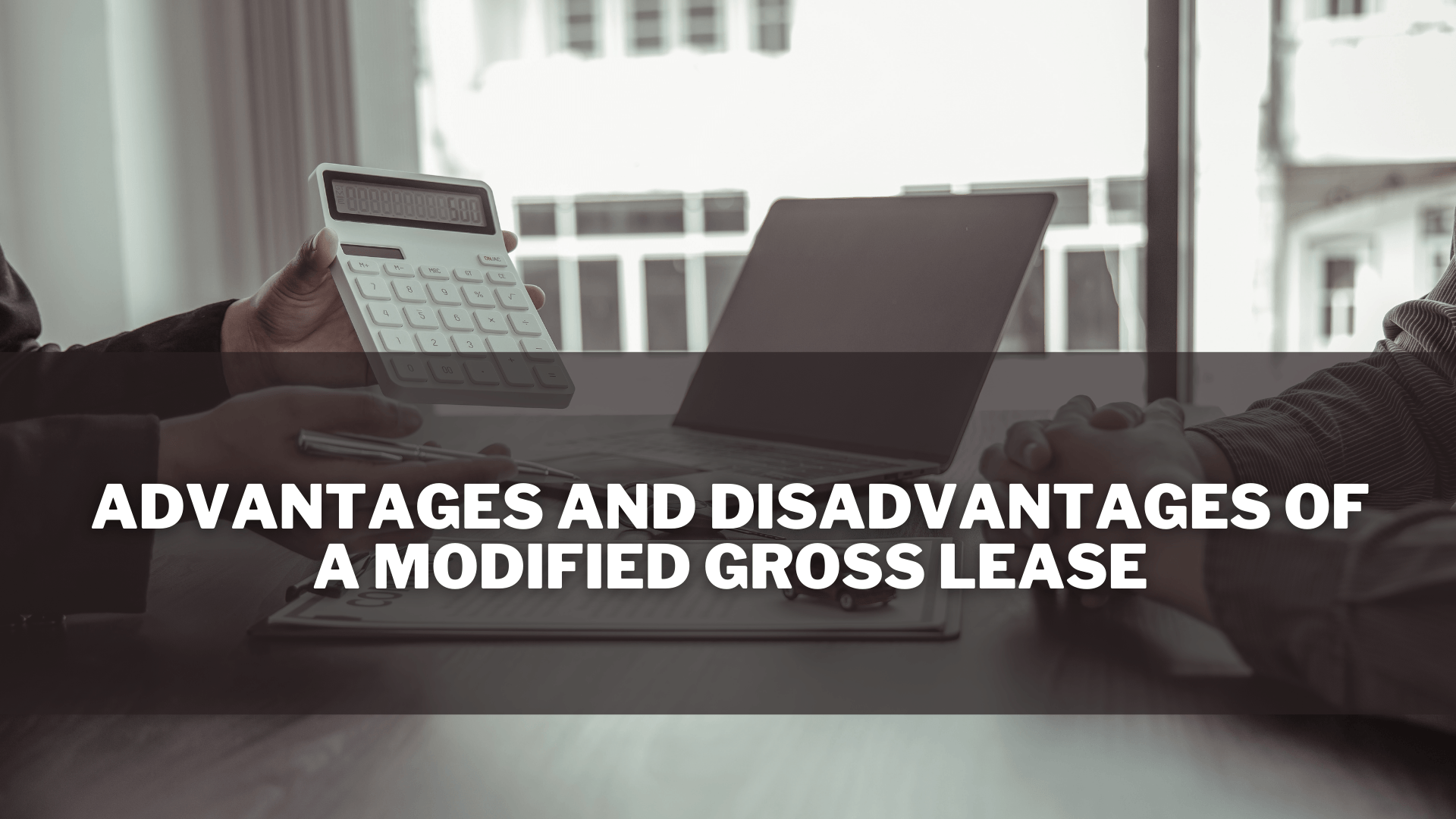
There are many advantages associated with a modified gross lease, one of its merits is the control landlords have over certain responsibilities and the control tenants have over other costs associated with a rental property. More so, a modified gross lease is a preferable option for tenants who are reluctant to opt-in on commercial real estate extremes like gross and net leases.

“Simplicity is the Ultimate Sophistication”
Leonardo Da Vinci said it best when he uttered these words. Even though he wasn't referring to lease agreements, it is safe to say that being simple isn’t banal, it is attractive. One of the most attractive traits of a modified gross lease is its simple structure which gives little room for landlords to charge tenants additional expenses.
Tenants are not responsible for Maintenance
Another big advantage of a modified gross lease for tenants is the inactive role they play when it comes to the maintenance of the building. The biggest beneficiaries are corporate tenants who do not have to worry about hiring competent vendors to handle the maintenance of the building. The provisions of the lease agreement exclude them from this responsibility, this gives them the time to focus on the business operations and prioritize the needs of the business.
A modified Gross Lease is More Transparent
The importance of transparency in lease agreements can’t be overemphasized. Fortunately, a huge upside of a modified gross lease is that it offers more transparency and it allows tenants to audit the costs or expenses included in the lease. Moreover, if a tenant thinks a lease agreement isn’t structured fairly, they can make a justifiable claim and request a refund.
Tenants Have More Control Over Their Budget
In a modified gross lease, landlords are required to cover expenses associated with the maintenance of the building. This enables tenants to have more control of the expenses that directly affect their business. These expenses could be rent, taxes, utilities, and salaries.
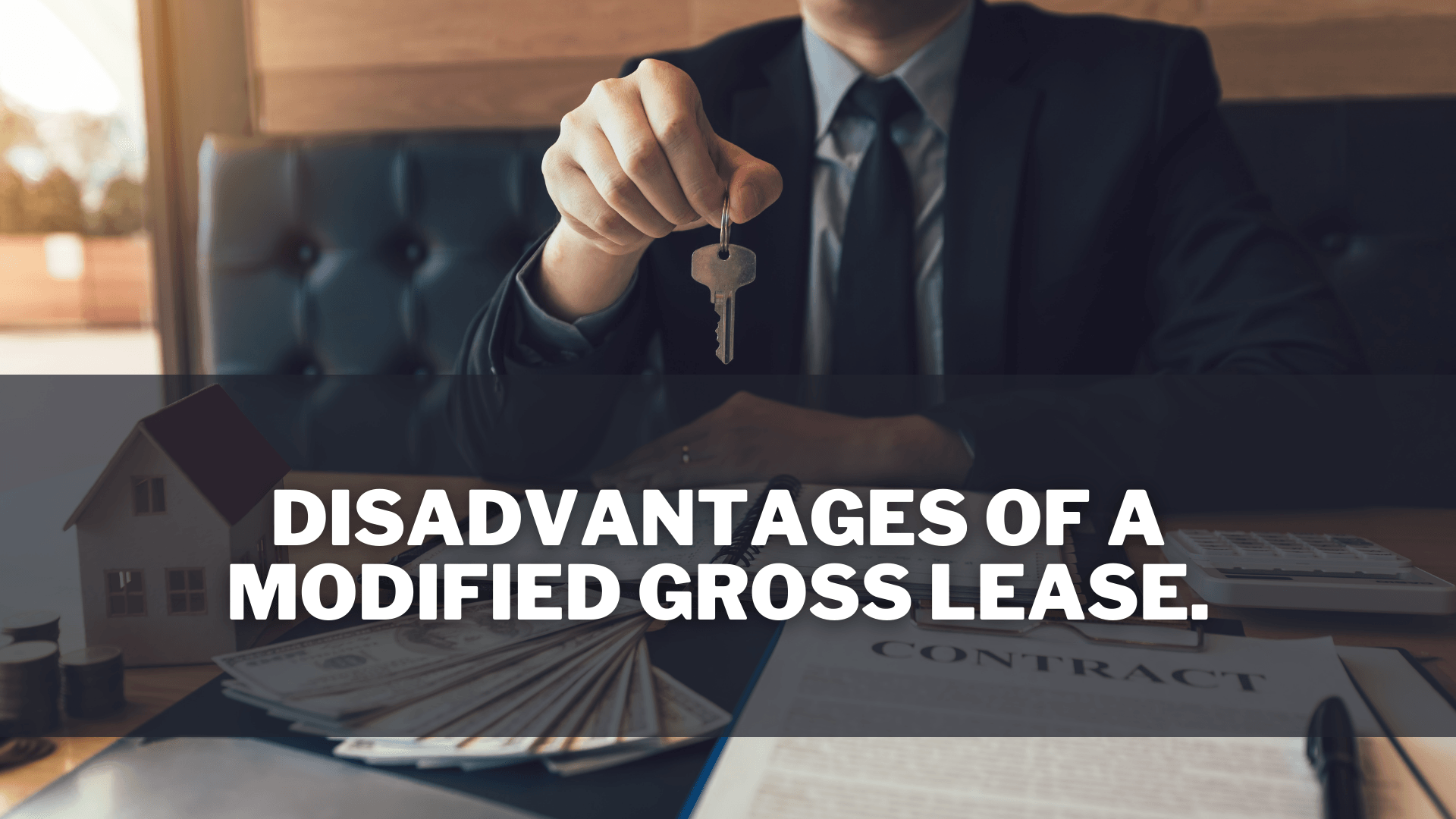
Tenants have limited control.
The lack of responsibility for the maintenance of the property can be a "blessing and a curse" to tenants. If the landlord does a poor job at maintaining the property it could potentially affect the tenant’s business. Moreover, negligence and failure to maintain the property in a timely manner can affect the appearance of the building. For example, poor maintenance can lead to deterioration which in turn affects the curb appeal of the building. If a building is unappealing, it can be a huge deterrent to walk-in customers. Ultimately, it will create a bad image for corporate tenants.
Fluctuating Costs
One of the things tenants have to deal with in a modified gross lease is significant fluctuating costs. It is rare to find a modified gross lease with little room for significant changes. These changes could potentially affect tenants, most especially start-ups and small businesses that have limited resources. Also, landlords can make wrong assessments and overestimate some of the operating costs of the businesses.

A modified gross lease is beneficial to landlords and tenants. From a landlord’s point of view, a modified gross lease enables them to split costs and shift some expenses to the tenant. Compared to other lease structures where responsibilities can fall on one of the parties, a modified gross lease is a suitable middle ground for landlords and tenants.
There’s a significant difference between gross leases and net leases. Keep in mind that modified gross leases are not always the same and vary from case to case. With this in mind, your consideration for it should be tied to specific needs and how best it serves your interests. At Authority Property Management, we manage a huge portfolio of
residential and
commercial properties, our experience and expertise qualify us to choose and implement the best lease options for our clients. If you’re ever in need of help do not hesitate to reach out to us.
Share this post with a friend!
Disclaimer: The content on this blog is for informational purposes only and is not intended as legal or advice. Consult with a qualified professional for specific advice.



